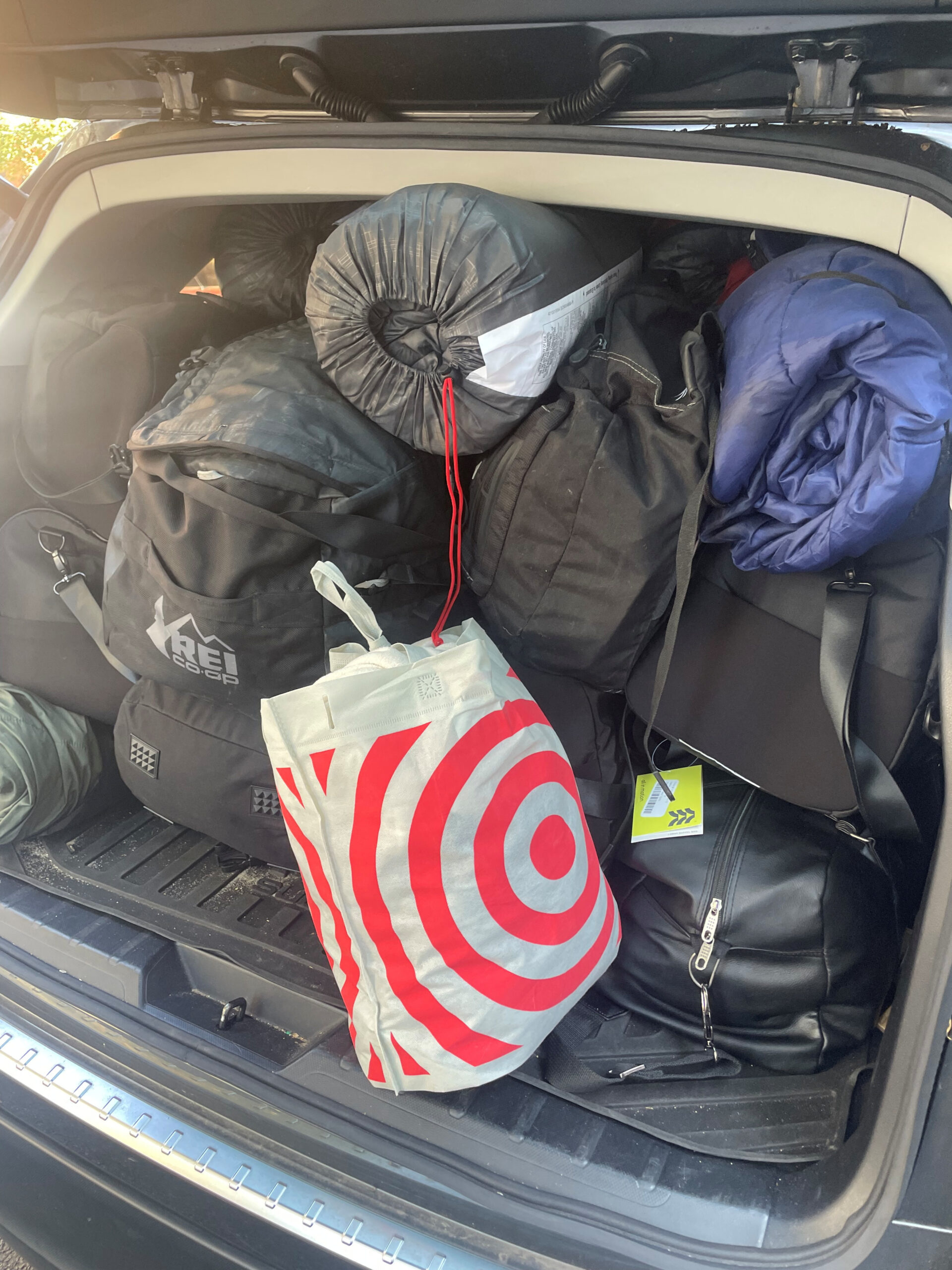By Gabriella Borter
(Reuters) – An hour after Rabbi Jonathan Leener put out a call for donations among his small Brooklyn synagogue community, he had raised $5,000. Soon he had taken in enough supplies to fill an SUV.
The contributions included everything from sleeping bags to toiletries for the 300,000 reservists – some of whom live in the United States – called up by the Israel Defense Forces (IDF) following the Oct. 7 attack by Hamas.
“I think people here feel somewhat helpless being so far away, so the response from people has been really dramatic in the best way possible,” Leener said, noting that many community members have immediate family in Israel.
In the days since Hamas attacked Israel, that response has translated into contributions of millions of dollars, loads of military gear and mountains of clothing, food and household supplies from Jewish communities across the United States. Items have ranged from granola bars to boots and bulletproof vests.
ALSO READ: Israel, Hezbollah exchange artillery, rocket fire
The donations underscore the concern and connection Jews in the United States feel toward Israel.
Despite reports in the Israeli press that soldiers lack important pieces of equipment, including body armour, the IDF has denied that there are systemic equipment shortages.
The outpouring of U.S. support has come from the smallest neighbourhood synagogues to the wealthiest corners of the Jewish business community – and everything in between. Some 5.8 million Jews live in the United States, according to the Pew Research Center.
Billionaire investor Yuri Milner said on Tuesday that his philanthropic foundation would donate $5 million to the Jewish Agency for Israel, a non-profit organization, to provide emergency aid and long-term rehabilitation.
Businessman Mike Bloomberg promised to match all donations to Magen David Adom, an Israeli disaster relief and emergency medical service organization. Bloomberg had matched $7.5 million of donations as of Wednesday, a spokesperson said.
While airlines have suspended flights to Israel amid the violence, communities are relying on word-of-mouth networks and social media to connect with organizers who are loading the few flights out of major cities with supplies and chartering private planes to transport reservists and donations.
Elan Kornblum, the Brooklyn-based head of Great Kosher Restaurants Foodies, has turned his company’s Facebook page of 91,000 members – who usually discuss favourite kosher restaurants – into a forum for coordinating Israel aid efforts.
Someone in the Facebook group offered to drive supplies to Newark Liberty International Airport. Another asked where to donate blood in New York City. One person sought advice on how to buy and send bulletproof vests to a family member’s IDF platoon and was answered by someone who said they had a friend with 15 such vests. One group member posted the phone number of a contact who was chartering a plane to Israel so others could reach out directly.
“This was just a natural turn for us to help out here,” Kornblum said of the foodies Facebook group.
ALSO READ: Finding economic growth pathways requires attention to governance
Legacy aid organizations have also leapt to raise money for lifesaving support in Israel and the Palestinian territories in the wake of the attack. Palestine Children’s Relief Fund called for donations on its website to help provide medical aid and humanitarian relief to children in Gaza as Israeli air strikes hit civilian areas.
Doctors Without Borders and the International Committee of the Red Cross, both of which are active in Israel and the Palestinian territories, were accepting donations on their websites, although Israel’s blockade of food and supplies to Gaza could thwart aid efforts.
Chayal el Chayal, a nonprofit organization that supports IDF soldiers who do not have family in Israel, has raised about a half million dollars in a day and a half, according to founder Mordy Botnick.
Botnick said the organization’s fundraiser had garnered a huge amount of support through online page shares and word of mouth. Chayal el Chayal was sending over gear on charter planes this week, he said.


